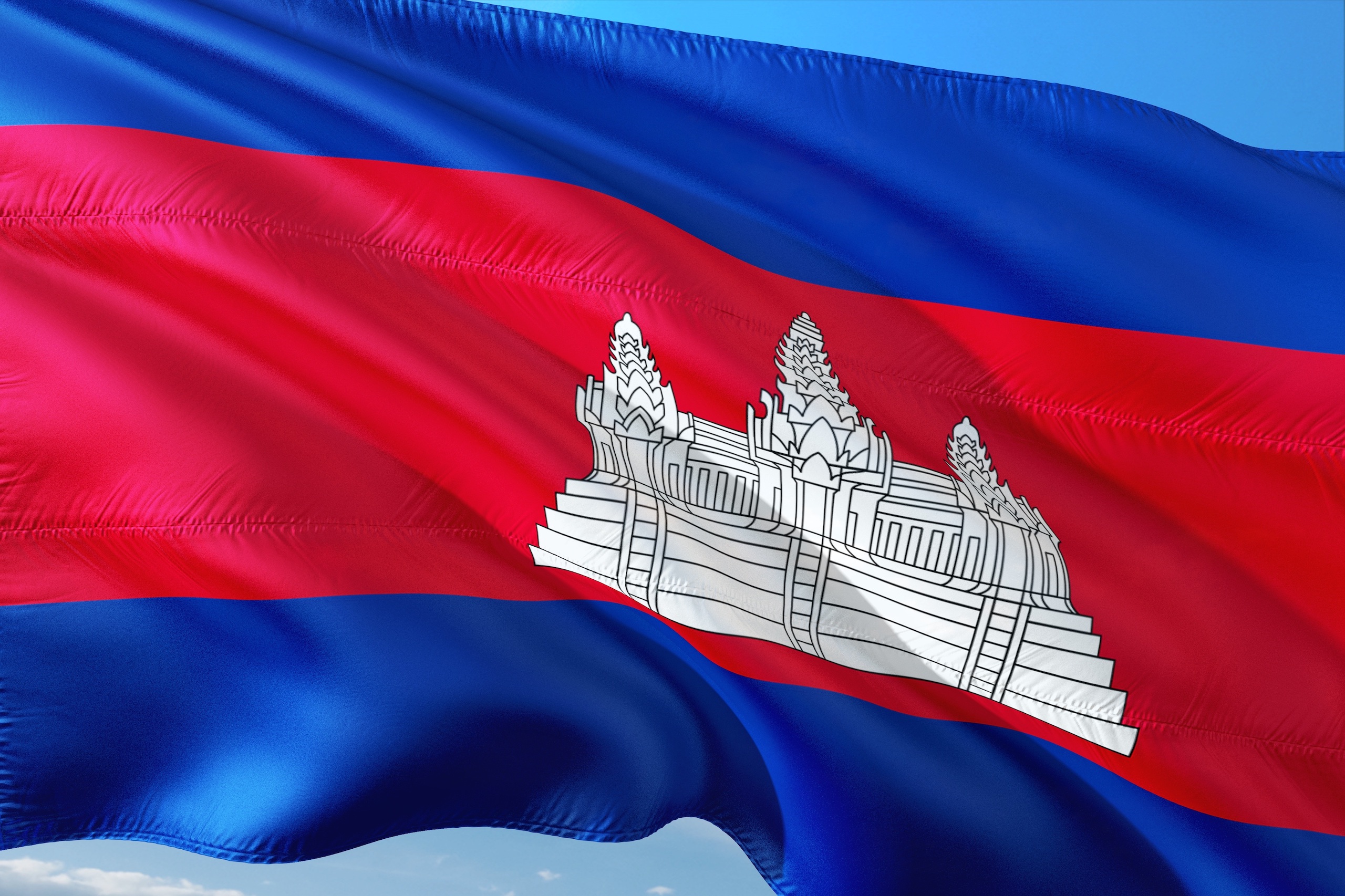The Cambodian authorities should immediately release a 17-year-old autistic boy after the verdict in his case was indefinitely delayed.
The boy, who was largely unable to speak until he was seven years old, has been in pre-trial detention for months without family visits, in circumstances UN experts have said are “particularly disturbing.” The son of an opposition figure, he is facing charges of ‘incitement to social disorder’ and ‘insult’ for sending messages on Telegram critical of Cambodian Prime Minister Hun Sen’s government. The American Bar Association Center for Human Rights monitored his trial, held on September 29, as part of CFJ’s TrialWatch initiative.
The proceedings against him have been marked by alarmingly callous treatment, in violation of international human rights standards. The court denied a defense request for more time to call medical experts to testify about the boy’s diagnosis. Instead, the prosecutor asked the defendant about his autism symptoms, critiqued the response, and concluded the boy was “fully rehabilitated” – all without expert medical analysis. The court also made no reference to the fact that the defendant was a child (a person under the age of 18 years, as defined by the UN Convention on the Rights of the Child) and the prosecution did not call a single prosecution witness.
“The court’s complete disregard for the fact that the defendant is an autistic child shows how much more the Cambodian judiciary values insulating the government from criticism than acting in the best interests of the child,” said Alex Conte, TrialWatch Expert and Executive Director of Child Rights Connect.
The defendant only started to use a phone when he needed one for school during COVID-19. He was then invited to join a Telegram group where he posted the political criticism – saying, for instance, that Cambodian Prime Minister Hun Sen “with blind eyes has now taken power for tens of years cutting trees and selling minerals to foreigners.” He explained that he had posted these messages because he was ‘angry’ that people in the Telegram group were insulting him.
CFJ has previously called on Cambodia to reform its incitement law, which has been repeatedly weaponized.
“If Cambodia considers an autistic teen’s political criticism in a Telegram group ‘incitement,’ it’s hard to imagine what wouldn’t fit their definition of ‘incitement,’” added Conte. “It runs counter to the right of all children to express themselves as full rights-holders, including under the UN Convention, and shows continued contempt by Cambodian authorities for the freedom of expression more generally,” he said.
The Cambodian authorities should immediately release a 17-year-old autistic boy after the verdict in his case was indefinitely delayed.
The boy, who was largely unable to speak until he was seven years old, has been in pre-trial detention for months without family visits, in circumstances UN experts have said are “particularly disturbing.” The son of an opposition figure, he is facing charges of ‘incitement to social disorder’ and ‘insult’ for sending messages on Telegram critical of Cambodian Prime Minister Hun Sen’s government. The American Bar Association Center for Human Rights monitored his trial, held on September 29, as part of CFJ’s TrialWatch initiative.
The proceedings against him have been marked by alarmingly callous treatment, in violation of international human rights standards. The court denied a defense request for more time to call medical experts to testify about the boy’s diagnosis. Instead, the prosecutor asked the defendant about his autism symptoms, critiqued the response, and concluded the boy was “fully rehabilitated” – all without expert medical analysis. The court also made no reference to the fact that the defendant was a child (a person under the age of 18 years, as defined by the UN Convention on the Rights of the Child) and the prosecution did not call a single prosecution witness.
“The court’s complete disregard for the fact that the defendant is an autistic child shows how much more the Cambodian judiciary values insulating the government from criticism than acting in the best interests of the child,” said Alex Conte, TrialWatch Expert and Executive Director of Child Rights Connect.
The defendant only started to use a phone when he needed one for school during COVID-19. He was then invited to join a Telegram group where he posted the political criticism – saying, for instance, that Cambodian Prime Minister Hun Sen “with blind eyes has now taken power for tens of years cutting trees and selling minerals to foreigners.” He explained that he had posted these messages because he was ‘angry’ that people in the Telegram group were insulting him.
CFJ has previously called on Cambodia to reform its incitement law, which has been repeatedly weaponized.
“If Cambodia considers an autistic teen’s political criticism in a Telegram group ‘incitement,’ it’s hard to imagine what wouldn’t fit their definition of ‘incitement,’” added Conte. “It runs counter to the right of all children to express themselves as full rights-holders, including under the UN Convention, and shows continued contempt by Cambodian authorities for the freedom of expression more generally,” he said.
